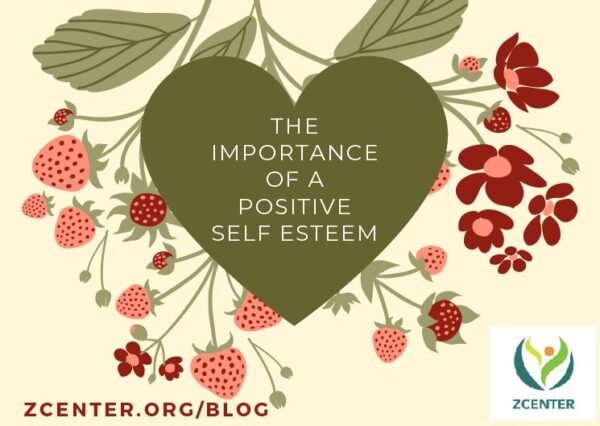What is self-esteem?
According to the American Psychological Association it is “the degree to which the qualities and characteristics contained in one’s self-concept are perceived to be positive. It reflects a person’s physical self-image, view of his or her accomplishments and capabilities, and values and perceived success in living up to them, as well as the ways in which others view and respond to that person.” Not only does having a positive self-esteem mean valuing yourself but also that you value your capability to achieve. Your self-esteem is how you define yourself as a person including your personality, physical body, talents, and how other view you. Each individual focuses on different aspects for their self-esteem.
Having a high self-esteem doesn’t mean that you think you are perfect. Your self-esteem can fluctuate. Having a positive self-esteem is important for your mental health. Having a positive self-esteem allows you to have coping skills that help you handle negative aspects. It also allows you to deal with stress in healthier ways. There are multiple ways to improve your self-esteem. A few examples are building positive relationships, seek support, and journal positive things in your life. Building positive relationships can help by staying positive. Seeking support such as finding a therapist to discuss strategies to help. Journaling positive things in your life can also help you focus on aspects you are happy about. These are small steps remember that we are building habits that contribute to a positive self-esteem.
For continued learning, please reference the below sites:
https://dictionary.apa.org/self-esteem
https://www.skillsyouneed.com/ps/self-esteem.html
Written by Denisse Ochoa, BA Sociology Candidate at University of Wisconsin-Parkside, ZCenter Outreach Intern
ZCenter aims to end sexual violence, mobilize and educate the public, and support survivors of sexual assault. Our blog addresses issues related to ending oppression and violence, since all oppression and violence are intersectional with sexual violence. All ZCenter blog posts are written by state certified staff, interns, and volunteers. For questions on authorship or content, please email info@zcenter.org.

